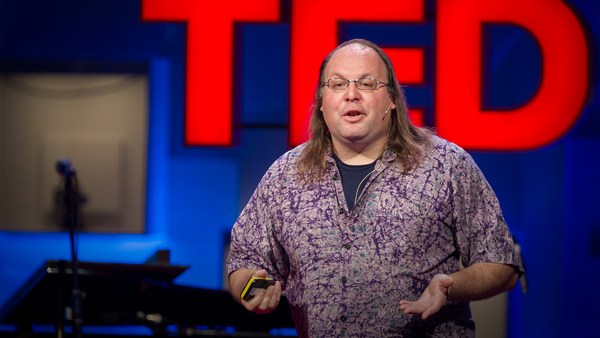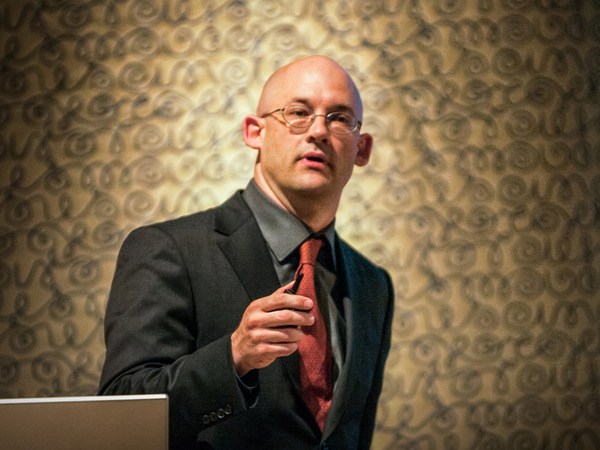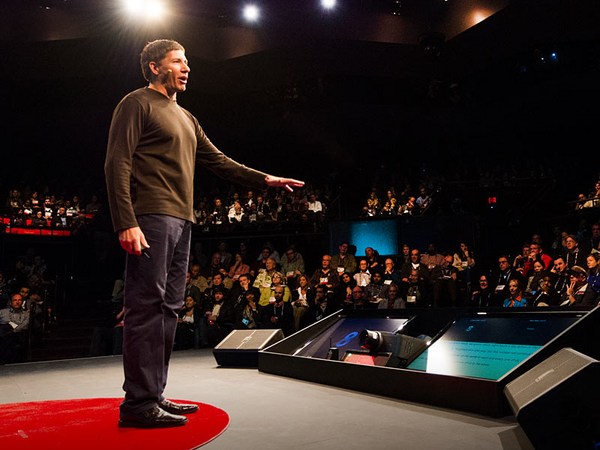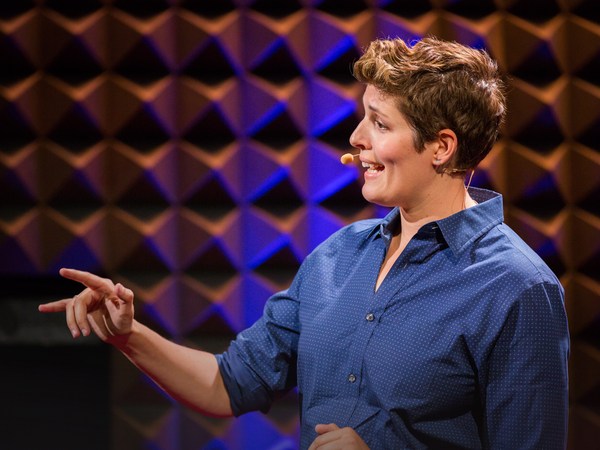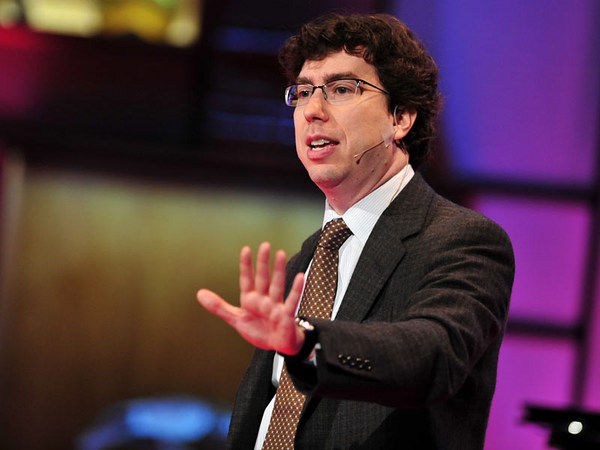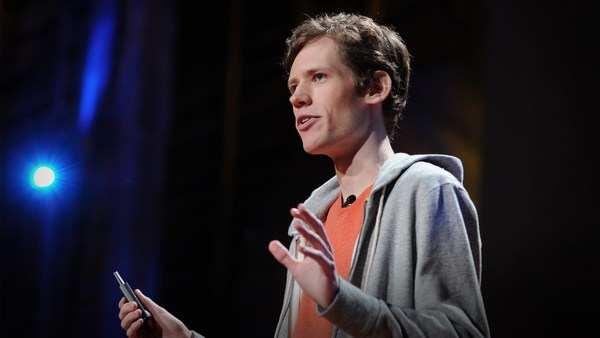Who benefits from conspiracy theory? Who benefits from it? Have you ever asked yourselves? We never, or rarely, ask it, but it’s not an illegitimate one, at a time when, more and more, conspiracy theories are talked about. Obviously, they’re nothing new. We all know some: on historical events, 9/11, whose 20th anniversary we sadly commemorated recently, The French Revolution, the two World Wars, every major event in general. There are conspiracy theories about technologies: 5G, mRNA vaccines, etc. You’ve got some on natural or physical phenomena, for example, the white contrails left by planes in the sky, there are conspiracy theories about that. Then you’ve got conspiracy theories that radically reinterpret what we think of as our reality. For example, about the shape of the Earth beneath our feet, conspiracy theories about specific entities: Big Pharma, we heard a lot about that these past 18 months, the CIA, banks... about groups of people too, freemasons, Jews, about groups that don’t exist too. Maybe you’ve heard of the reptilian aliens, supposed to secretly control the world, or the Illuminati. Until proved otherwise, they don’t exist. All these conspiracy theories have one thing in common, they are all accusatory discourses. They point an accusatory finger towards a small group of individuals, accused of what? Of plotting, that is, of engaging in activities that are fundamentally malevolent, reprehensible, if not legally, then morally. And for this reason, the topic of conspiracy theory has a political dimension - eminently, irreducibly political - which has to do with violence and power. It is also the reason why conspiracy theories have always been used and continue to be used by demagogues to flatter populations, to designate scapegoats they can stigmatise, persecute, by authoritarian regimes too, to disqualify their opponents, the Fifth column, the enemy from within, and most of all, to conceal and mask their own failures. So why have we talked so much about conspiracy theory these last few years? Some claim that it’s all media hype whipped up, it’s not clear why, by journalists, the media etc. I believe the opposite. I believe we’re facing a real phenomenon and that conspiracy theories influence us more than they did before. When I say before, I mean before the internet, simply because we are more exposed to them and because we can’t think about a phenomenon like Flat Earth or conspiracy theories if we separate it from its material, technical and propagation conditions. Flat Earth theory, 10-20 years ago, was extremely marginal, a minority, there were very few of them. Today, groups of Flat Earthers, not only on the internet, but in real life, gather every year, almost every year, in Brazil in the U.S, all around the world. (Laughter) And we can’t think about that if we don’t understand that the internet, and not only the internet, but also this specific technical and media configuration, which rests on a triptych - broadband, social media and smart phones - has changed everything about how we access knowledge and information. Because with these tools, first of all, you can find literally every alternative version that exists on practically any subject. If you look for a conspiracy theory, you’ll find it with a connection and a search engine like Google. And then, social media puts you in contact, in relation with people who also believe, like you, in these things and allows you to form a community with these people who you, too, will influence, whose beliefs you, too, will fuel, and who will do the same for you. And it’s very easy to share these things on a massive scale because with our smartphones, we can literally share these things with millions of people. In comparison, you’ve got these social media and online video platforms, whose algorithms are very fond of conspiracy theories. Not because they’re conspiracy theorists, but they like sensationalism. Conspiracy theory content is especially sensationalist, it says, you are being lied to about a given event, it claims to reveal the truth. Obviously, this configuration ends up giving conspiracy theories their biggest encouragement. At this stage, we could think to ourselves: “But, is it that serious? Is it that serious because all of this is so ridiculous? These funny stories, who believes them anyway?” Well, more and more people believe them, there are serious consequences, there were in the past, and will continue to. We know, for example, the role of such theories in political, politico-religious radicalisation, and terrorism also. We know the role they play in sectarian confinement, including in cases of social alienation when people find themselves on their screen 24/7 cutting all ties with their family, their friends. Broken families, people incapable of communicating anymore, who break off all ties because they can no longer really communicate. Conspiracy theories are also used to undermine democracy. One of the pioneering thinkers on this topic is an American historian called Richard Hofstadter who, as early as the 1960s, explained that when you are exposed, morning, noon and night to false information which suggests that your democratically elected representatives are puppets deep in the pockets of dark forces, that true power is elsewhere, that truth is elsewhere, that power is invisible, that everything gets decided behind the scenes, that democracy is shadow play. Well, you logically, almost inevitably, start calling into question the validity of the system which allows this, that is, liberal democracy. The system responsible for our prosperity since the end of the Second World War. Moreover, these conspiracy theories exacerbate the tensions and antagonisms that shape our societies by polarising them and shattering parts of our shared foundation of reality, what the philosopher Hannah Arendt called “Our Common World”. What becomes of democratic debate when there is no common world anymore? Arguments are bound to fall on deaf ears. We can’t define the common good together if we no longer share the same reality. That has consequences. Because if we don’t resolve our disagreements with words, via debate, by speaking, all that is left is violence. That’s what happened in January 2021 in the U.S, when a mob of angry Donald Trump supporters, convinced that the election had been stolen from them, rebelled and stormed the Capitol, a bastion of American democracy. What started as a conspiratorial falsehood ended in bloodshed. People died at the Capitol. It’s the first time that a democratic change in power occurs amid such tragedy in the U.S since the 18th century. So conspiracy theories create a diversion which, in addition, delays our collective awakening to the true challenges that we face. These challenges, you know them well: global warming, terrorism, public health. Just look at the role of conspiracy theories, for example in anti-vaccine propaganda. Actually, the big paradox of conspiracy theories is that, by directing our indignation towards false manipulations, made-up, fictitious manipulations, they actually manipulate us. That, is the only true manipulation. So, who benefits from conspiracy theories? You know, Charlatans who monetise their conspiratorial Youtube channels, raise funds on crowdfunding platforms to produce yet more conspiratorial content. These conspiracy theories benefit cranks, sometimes; enemies of democracy, always; and in any case, people with an agenda, a political project. So, if I had one message to get across this evening, it would be conspiracy theories have a cost, and that cost is not neutral. Not to mention the financial cost, estimated by some to be in the tens of billions of euros per year in our societies. No, no, they have a cost because your attention, the time you spend connected, your available brain time, is not unlimited, it is finite, and, therefore, precious. And the time you give to fake news, conspiracy theories, is time you take away from scientifically-validated knowledge, from high added value information which scores of researchers, scientists, scholars, journalists, work tirelessly to produce, sometimes risking their lives. It can actually cost them their lives. So, I can only encourage you to take a stand against conspiracy theories, to commit to not spreading them yourselves. For example, by refraining from sharing questionable content from an unreliable source or media, with this one gesture, a gesture of abstention. If you don’t do it for democracy or civil harmony, if you don’t do it for public health, at least do it for your own self-worth. Because conspiracy theories are an intellectual trap, a trick. They are a mirage, a dangerous mirage. Thank you. (Applause)
